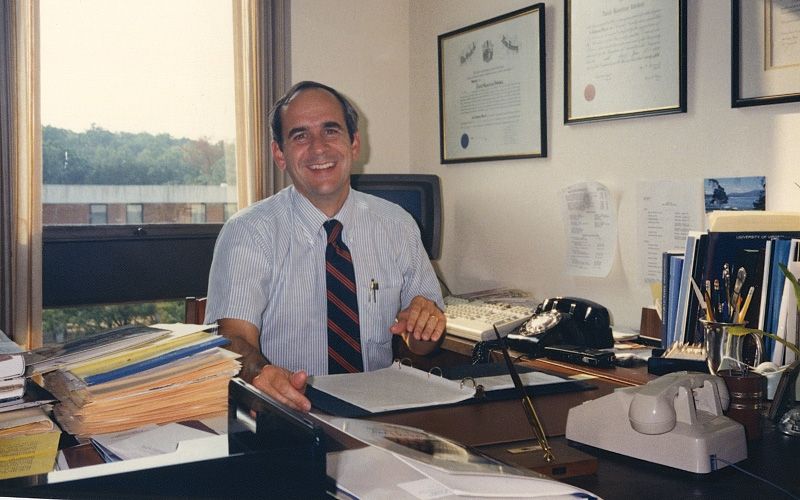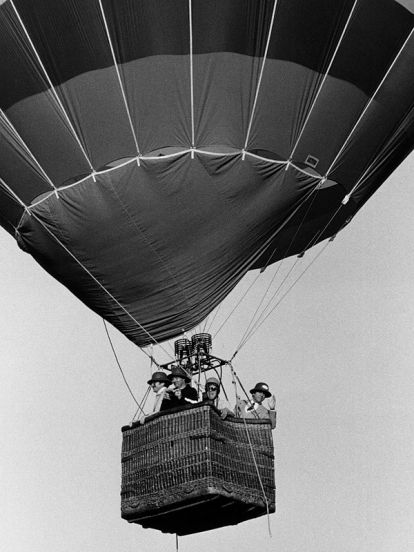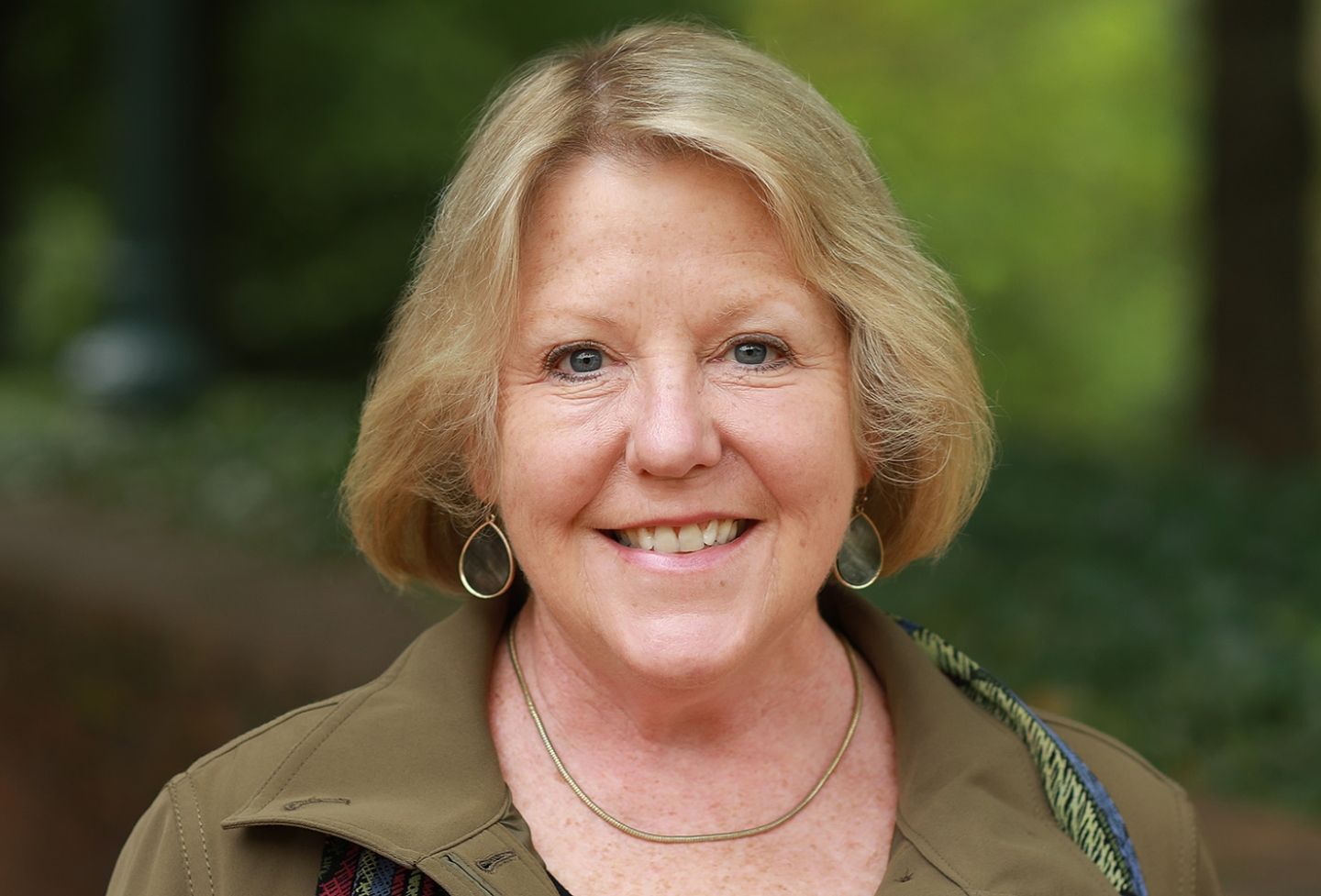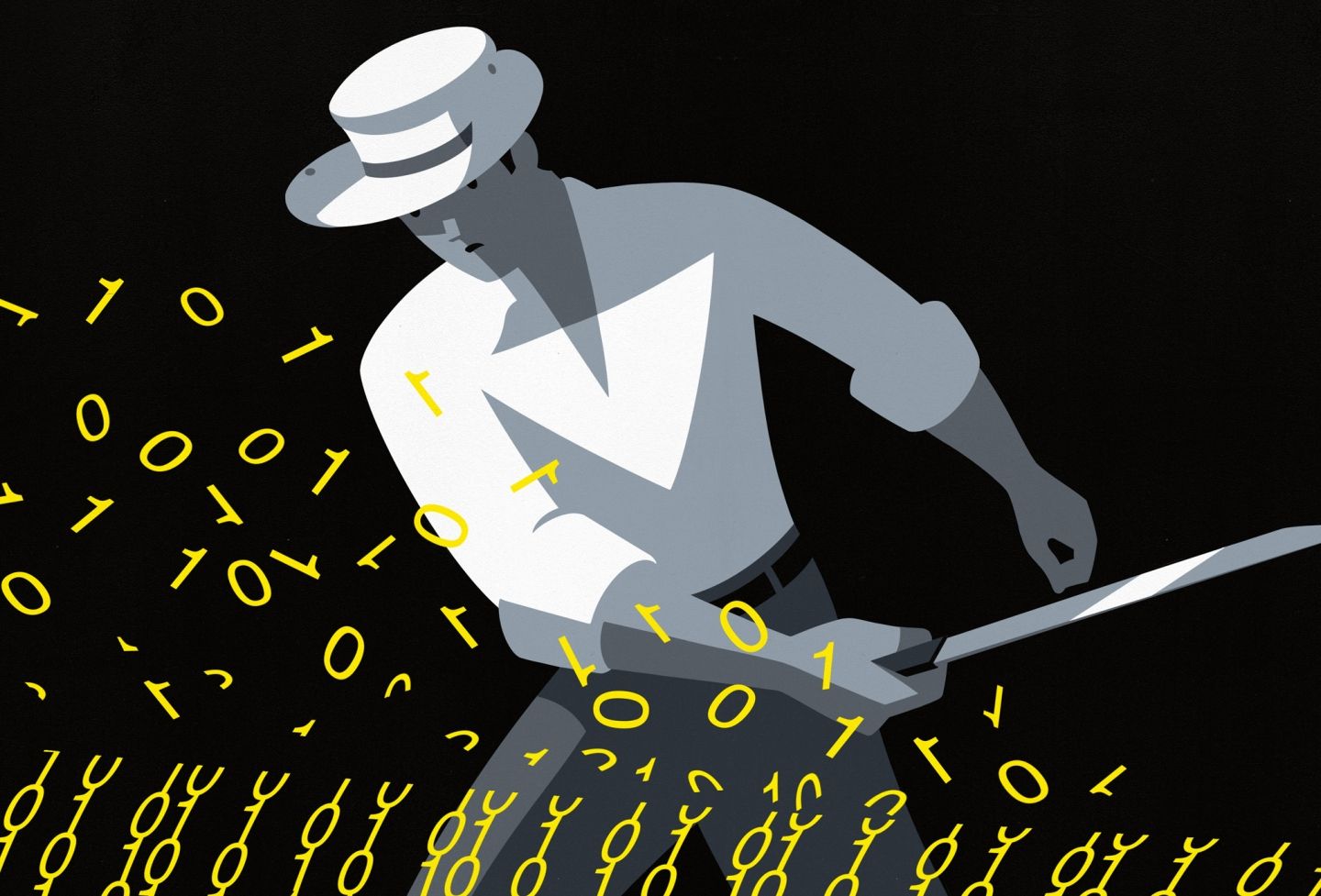David H. Ibbeken ’71 left his role as president and CEO of the Law School Foundation in 2007, but never stepped back from what he loves — connecting with alumni.
Now 80, Ibbeken continues to work part time as president emeritus, having passed on the leadership reins to current President and CEO Luis Alvarez Jr. ’88. In all, Ibbeken has logged more than four decades of service with the foundation. Founded as a trust in 1952 and incorporated in 1968, the foundation receives, administers and manages private gifts from graduates and friends for the benefit of the Law School.
“It gives me great pleasure to reach out to alumni and to be in periodic contact with them, either in person or through email or by the phone,” Ibbeken said. “My work revolves around building and maintaining relationships.”
Under his watch, the foundation’s endowment grew from $5 million in 1979 to more than $300 million in 2007.
That helped set the stage for the current total of $731 million, with an additional $154 million held by the University and the Jefferson Scholars Foundation for the school’s benefit.
The foundation provides more than $30 million each year to support the school’s programs. The majority of endowed funds are reserved for faculty support and student scholarships. Over the past decade, scholarship spending on a per-student basis has more than doubled.
“The endowment ensures the Law School’s ability to recruit the best faculty and make a UVA Law education more accessible to students,” Ibbeken said.
Raised in Haddon Heights, New Jersey, Ibbeken played on the football team as a student at Princeton. After graduation he served as a lieutenant in the Army Field Artillery during two years of active duty and later as a captain in the New Jersey National Guard. He coached football and taught at Mercersburg Academy in Pennsylvania, and married and started a family with his childhood sweetheart, Sunny — all before becoming a law student.
To help make ends meet in law school, he worked as a student assistant for Admissions Associate Dean Al Turnbull ’62, at $2.25 an hour, and as a research assistant for Professor Mason Willrich. Sunny worked as well, typing student papers at 35 cents a page.
“I developed friendships in law school that go on today and are almost as strong as they were back then,” he said.

<p>Ibbeken sits at his desk during his time as president of the Law School Foundation. <em>UVA Law Archives/Law School Foundation</em></p>
Early in his legal career he worked as general counsel for a title insurance company while also teaching a night course to real estate agents at Rutgers University. That teaching experience, on top of his admissions experience, captured Dean Emerson Spies’ attention. Spies knew Ibbeken from his time as Turnbull’s assistant, and every year would call with a new job offer.
In 1979, the job was finally the perfect fit. Ibbeken would lead the fledgling Law School Foundation, in addition to teaching real estate law (for 13 years), and he would continue to help in Admissions.
“Our annual giving at the time was $385,000,” Ibbeken said — a far cry from the $21.9 million raised in 2020-21. “We did have a volunteer structure, which became very important. And we had a young reunion program that only got stronger over the years. But the combination of the volunteers and the reunion program gave us a base from which to move.”
At the time, the foundation staff tracked alumni on 3-by-5 index cards, adding notes about relationships by hand. But more so than record keeping, his biggest challenge was shifting the mindset about who was responsible for fundraising. Members of the foundation’s Board of Trustees believed fundraising duties lay with the Alumni Association, which was then a volunteer group of graduates.
“It took about nine or 10 years for that attitude to change, and the Board of Trustees came around to realizing that they had to set the tone for our successful fundraising, particularly major gifts,” Ibbeken said. He credited trustees like David Mulliken ’75, who later served as chair of the American Ideal in Legal Education capital campaign (2004-2012), for helping to turn the tide. In time, the Alumni Association came in-house. Foundation employees now run the effort.
The transition worked. The foundation’s funds grew to $100 million by 1997.
“We got better at raising major gifts,” Ibbeken said. “But the performance of the stock market and our investment committees were very important to that. It is the combination of the two events that make our progress possible.”

Dean Richard Merrill, David Ibbeken ’71, a pilot and Laurence Vogel ’60 take the annual giving campaign to new heights on Oct. 2, 1981. UVA Law Archives/Law School Foundation
Ibbeken was particularly proud of the capital campaign in the 1990s that exceeded expectations. Dean Bob Scott set the goal at $50 million.
“We ended up raising $202 million, which at the time was more than any other law school had raised,” he said. “NYU had finished a capital campaign in ’98 with a total of $185 million. They were not happy to hear that we went to $202 million, but Harvard was not happy either because they had come in somewhere close to that $185 million figure.”
Soon, Harvard announced a campaign for $400 million.
“But for a short period of time, and I’m guessing that this could be the highlight of my career, we stood above all the other law schools,” he said.
In addition to the highs of a successful campaign, Ibbeken said some of the moments that stay with him are about individual alumni who made a difference both during their lifetimes and as benefactors of the school.
He recalled Roy Morgan ’33, whose career spanned serving as an FBI special agent to being on the U.S. prosecutorial team for the Tokyo War Crimes Tribunal after World War II. During the 1950s and ’60s, Morgan worked in a range of roles for the U.S. and Japanese governments, including as an adviser to the Japanese prime minister and as head of U.S. trade missions to Japan.
After Morgan died, Ibbeken visited his home in North Carolina, where Morgan’s wife, Rosamond Woodruff Morgan, showed him artifacts recognizing his work overseas.
“I thought, I’m in the presence of someone who had a remarkable career,” he said.
Morgan’s widow later made a substantial gift to the Law School to fund an endowed chair.
Ibbeken also recalled Harold Stuart ’36, a former NCAA boxing champion from UVA, who served in the U.S. Army Air Forces in Norway at the end of WWII. Stuart had befriended Gunnar Sønsteby, the most highly decorated war hero of the Norwegian resistance movement. When Ibbeken traveled to Oslo in the late 1990s, Stuart gave him three phone numbers to make sure he could reach Sønsteby. Once Ibbeken called, Sønsteby immediately came to Ibbeken’s hotel, where they spent more than an hour talking about the Norwegian’s role as a saboteur.
“It was a rare and wonderful opportunity, made possible by an old friend,” Ibbeken said.
Stuart ended up making a gift to establish an Ethical Values Seminar.
In total, Ibbeken has studied under or worked for nine UVA Law deans—and the school has had only 11. Though the foundation’s structure and goals have evolved over time, some things remain steadfast.
“What hasn’t changed, it seems to me, is we have great faculty, and the students are very talented, and there’s a collegiality that I believe I see in the student body that is pretty much unchanged,” he said. “And I think that may set this law school apart.”
Foundation Chief Development Officer Jason Wu Trujillo ’01 interviewed David Ibbeken ’71 on his 80th birthday.



